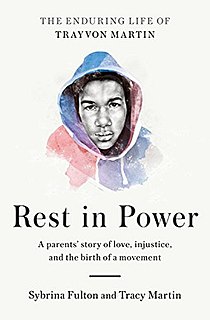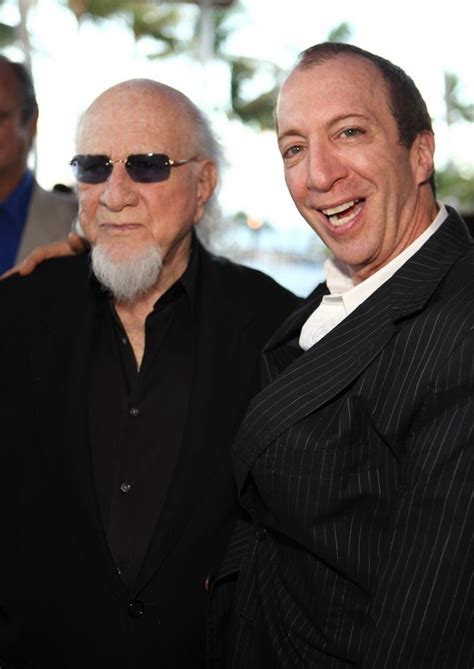A Quote by Mark McMorris
My intention is not to repudiate an African American identity but perhaps to resist how labels take hold, or to make it as slow a process as possible. That's more my sense of it.
Related Quotes
The potential significance of Black feminist thought goes far beyond demonstrating that African-American women can be theorists. Like Black feminist practice, which it reflects and which it seeks to foster, Black feminist thought can create a collective identity among African-American women about the dimensions of a Black women's standpoint. Through the process of rearticulating, Black feminist thought can offer African-American women a different view of ourselves and our worlds
I would definitely like to see the education process more enhanced in African-American communities, because we need to be educated on laws that are relevant to our communities and our people, as well as to any other ethnic groups. A broader view of how people perceive African-American boys and girls in this country is what I'd like to see.
Oh, I love labels, as long as they are numerous. I'm an American writer. I'm a Nigerian writer. I'm a Nigerian American writer. I'm an African writer. I'm a Yoruba writer. I'm an African American writer. I'm a writer who's been strongly influenced by European precedents. I'm a writer who feels very close to literary practice in India - which I go to quite often - and to writers over there.
But we assure the socialists that we repudiate only forced organization, not natural organization. We repudiate the forms of association that are forced upon us, not free association. We repudiate forced fraternity, not true fraternity. We repudiate the artificial unity that does nothing more than deprive persons of individual responsibility. We do not repudiate the natural unity of mankind under Providence.
All over the world today people have a very strong desire to find a sense of identity, and at the same time that's coupled with the rise of absolutely absurd wars that relate to ethnic identity. Perhaps there is something deeply ingrained in people that relates to a sense of belonging, and without that, identity doesn't seem as real as it should.
When I looked at 'Dear White People,' you have four African-American students who are all very different and who are trying to figure out who they are. They're dealing with identity issues and crises. That is exciting to me, to see African-American young people on a page, on a screen, who are so diverse and whose stories are all so different.
That argument doesn’t make any sense to me. So we want to advance as a society and as a culture, but, say, if something happens to an African-American, we immediately come to his defense? Yet you want to talk about how far we’ve progressed as a society? Well, if we’ve progressed as a society, then you don’t jump to somebody’s defense just because they’re African-American. You sit and you listen to the facts just like you would in any other situation, right? So I won’t assert myself.























